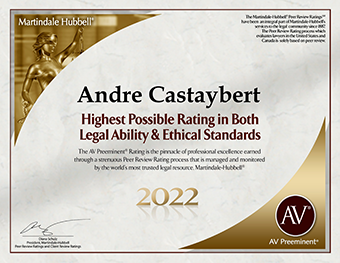November 29, 2023
In a recent article, ProPublica unveils its Claim File Helper, a new tool to help you find out why your health insurer denied your claim. Under federal law, most people in the U.S. facing a denial have the right to request their claim file from their insurer. A claim file is the information your health insurer uses to decide whether to pay for medical care. This includes documents explaining the reasons your insurer denied your claim. With this information, providers and patients can appeal to get denials reversed. For readers interested in learning more about filing a claim request, ProPublica’s useful guide explains in further detail what a claim file is, why to request one and how the claim file request process works. To make the request process easier, you can use ProPublica’s tool to generate customized letters to send to your insurer and request your claim file.
To read how CASTAYBERT PLLC can assist you with insurance recovery matters, click here.







